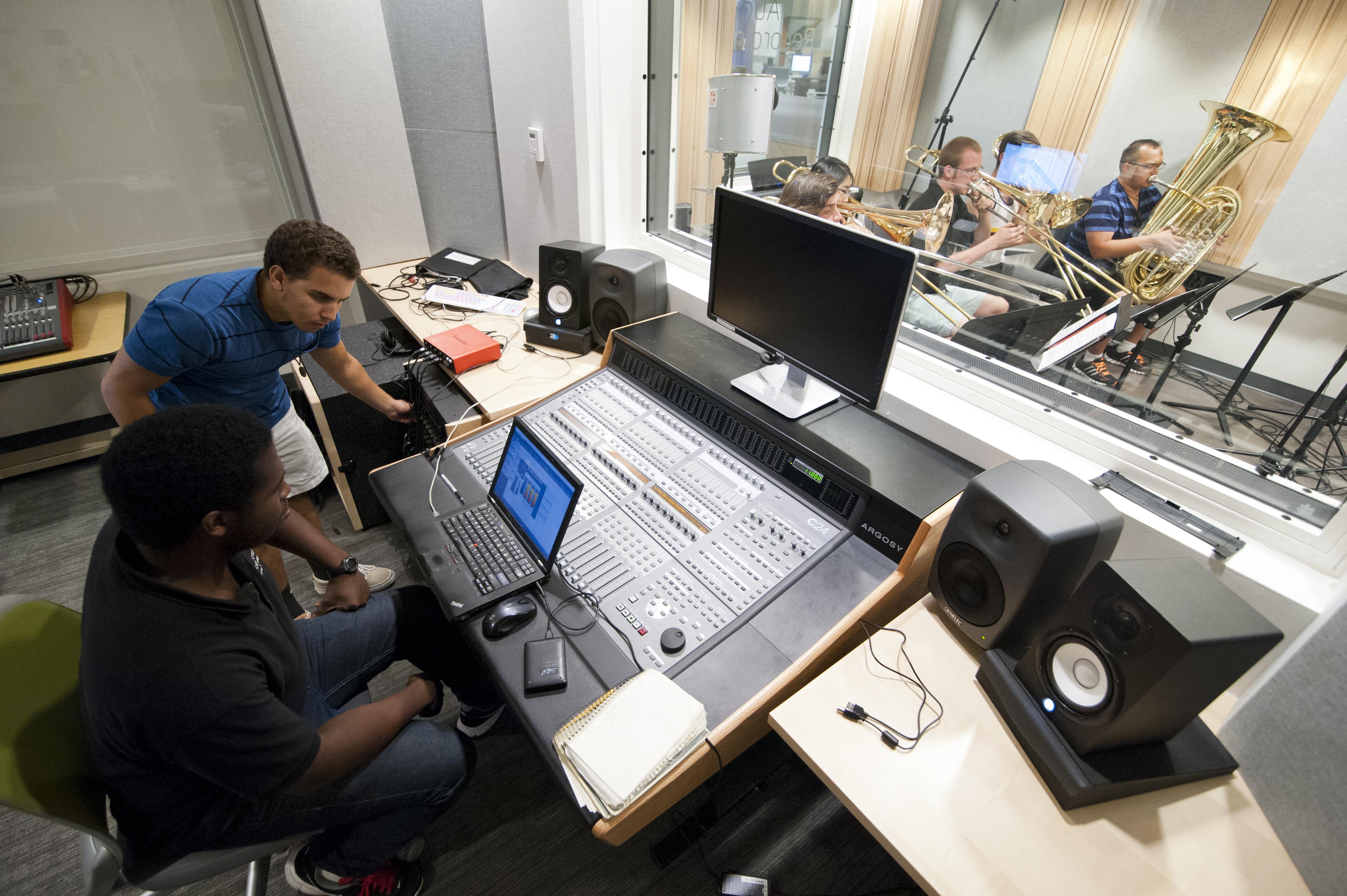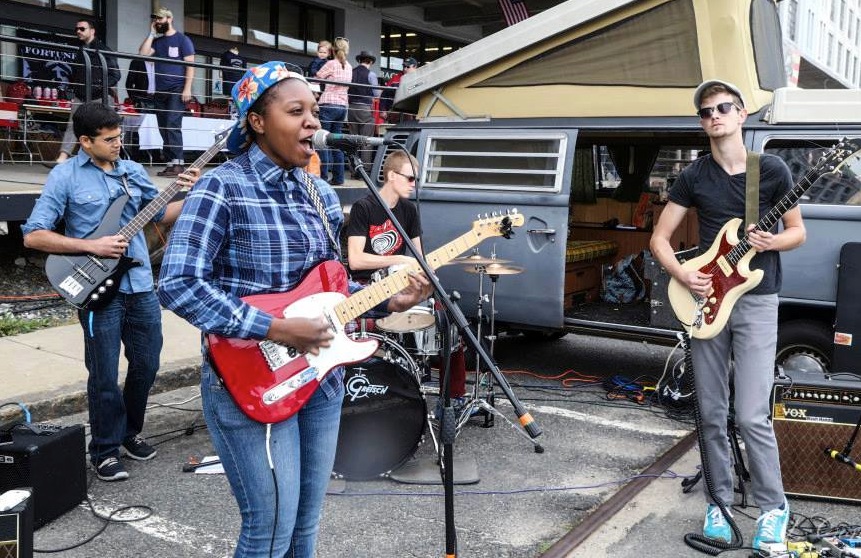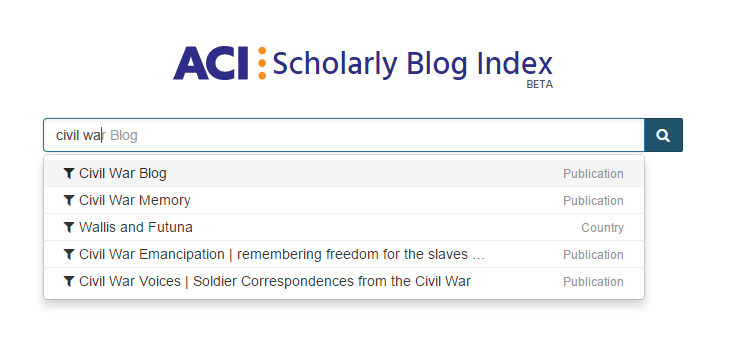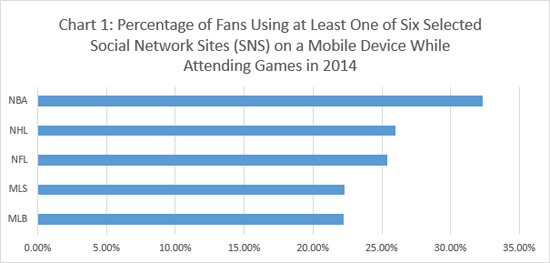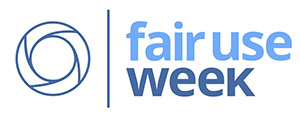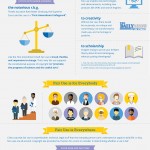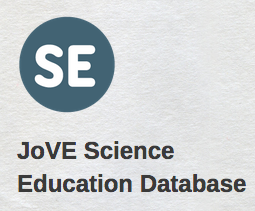Snell is full of Fanjimiles
Here’s the deal: Anjimile, an indie band from Boston, is raising money for their first ever full-length album, Human Nature. It’s always been their dream to release a a full-fledged studio album, but now they need the help of fellow musicians, indie fans, kind-hearted souls… anyone, really, to fund a campaign with this pre-sale. In return, you’ll get a digital version of Human Nature and the chance to call yourself a true “Fanjimile”.
So, what does this have to do with the library? Human Nature has musical features that were recorded in the Digital Media Commons (DMC) Audio Recording Studio at Snell Library. Anjimile shared their recording experience with us and said they enjoyed the environment of the studio and felt comfortable recording there. The state-of-the-art equipment eased the recording process and the studio was always readily available to them when they made appointments. Let’s think about why the DMC met the needs of Anjimile and how it can meet your needs:- Anjimile has an in-home studio where the majority of their album was recorded. However, acquiring equipment and soundproofing the space requires spending a lot of time and a lot of money, which not everyone can do.
- Another option would be renting studio space somewhere in the city… yeah, right! Again, that requires a lot of time and a lot of money.
- Finally, Northeastern does offer another audio recording studio in Shillman. Unfortunately, it’s only for music majors.
In the meantime, show your support: help Anjimile raise money for their new album and check out their next show on March 21st at 8 pm at NU afterHOURS where they will be performing with Massachusetts-based, nationally renowned indie band Speedy Ortiz.

